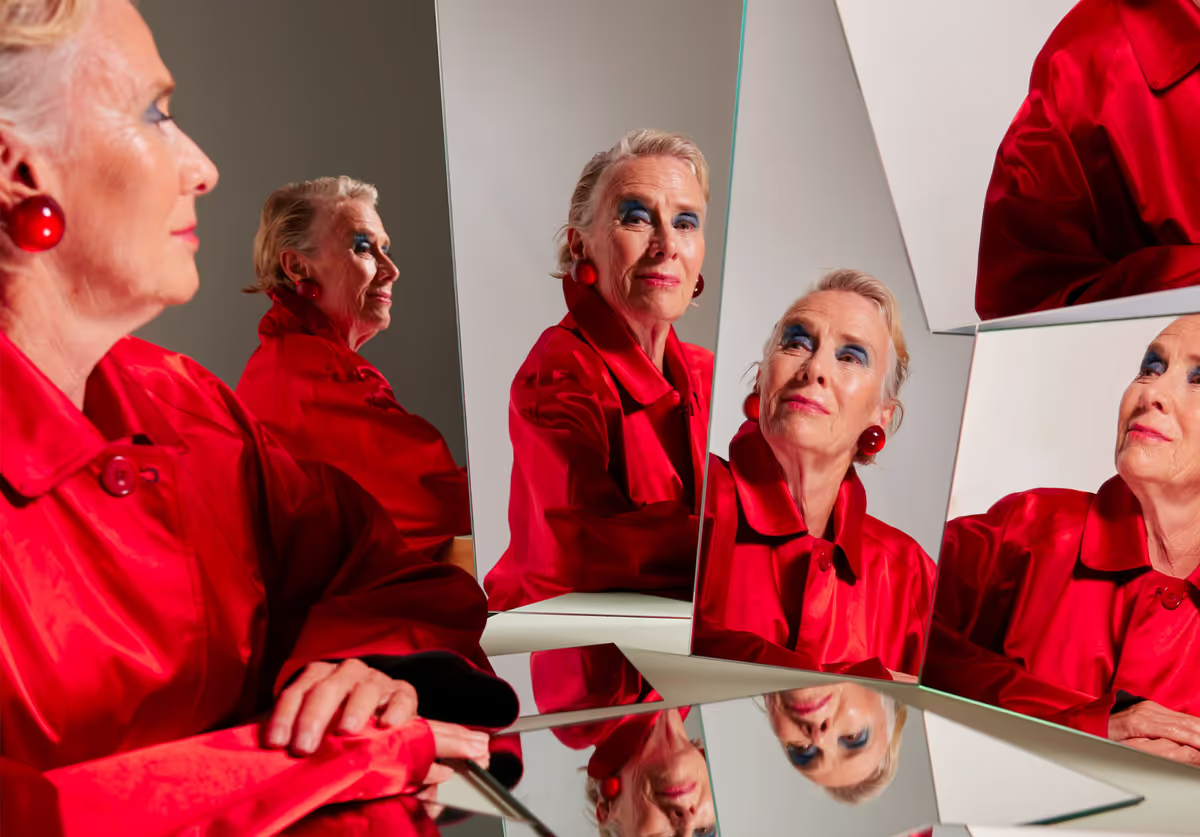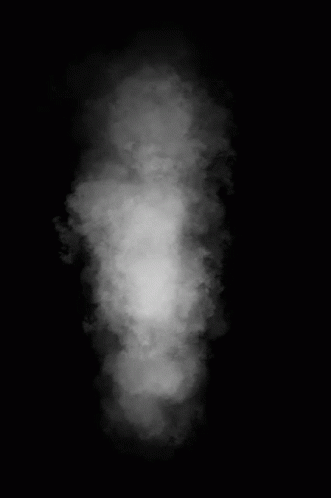Paula Vogel’s Mother Play: Theatre Review
Lease, liquor, legacy. Paula Vogel’s Mother Play is a tragicomic house tour through love and loss.

Paula Vogel’s Mother Play tracks the Herman brood through five flats: from a roach-infested basement on Erie Street to the nursing home where Phyllis—the gin-guzzling, chain-smoking, divorcée matriarch played with crackling verve by Jennifer Ludlam—spent her final days. Phyllis is a vainglorious fop, hell-bent on staying au courant with the fashion world despite financial ordeals. Her Chanel-esque tweed skirt suit and fuchsia satin sash say it all: looks over lease.
But her real virtues lie in the domestic trenches. She raises two children with iron-clad contradictions: the erudite Carl (a flamboyant and heartbreaking Tim Earl) and the bullish younger sister, Martha (brought to life by a resolute Amanda Tito). The theatrical floodlights glow brightest when Phyllis is with her children—there, her contradictions sharpen, and her cruelty softens into comedy (but hardens again). Vogel gives her a throne to bask (in a knock-off Eames Lounge Chair) and on a castle of fleas.
Despite her flaws, Phyllis is no coward. She fled an abusive marriage and kept custody of her children, even if it meant living in squalor. Yet Vogel refuses to sanctify her. Between the blond bouffant, pearl-beaded necklace, and rotund ruby earrings, Phyllis is both tyrant and tragic heroine. The pre-show’s electric pink haze deepens to magenta as Scene One approaches, an omen of how memory will colour the play.
The three characters, the only roles in the show, form a symbiotic tragicomedy. It is Martha who unseals Carl’s U-Haul box, making her the play’s narrator and emotional archivist. Despite the title, Mother Play is less a tribute than an inquest. The siblings traverse life’s indignities—precarity, gender policing, their mother’s bigotry—while coming to terms with their queerness not as escape but as their salvation.
Her expectations for Carl’s authorial career were stellar, hopeful that her lust for haute couture would be sated. Carl is literate, thumbing his books all around, and nosing at Phyllis’ lingerie when she’s not looking (he claims he’s looking for cash, not the sash). As for Martha, Phyllis’ forecast for her future was modest, to put it lightly, as a woman of her era came to internalise the very making of a tradwife. Martha’s calling, Phyllis decreed, is to be the homemaker’s pursuit. “The filthier the floors, the higher her degrees…!”
But such was Phyllis’ rebuke when Carl and Martha both renounced her mandated gender roles as they blossomed into two bold homosexuals. Carl was disowned in the late 60s and evicted while Phyllis called him slurs. Martha, too, would suffer the same castigation as Phyllis caught her intimate with another female, in a Gay Bar, no less (what did you expect?).
As the 80s caught on, Phyllis would don her Billowy muʻumuʻu and engage in mystical divination. Phyllis’ second chance at mothering became possible. Martha persuaded her mother to connect with a support group, to better understand their chosen “lifestyle.” When Carl contracted HIV and was immunocompromised, Phyllis invited him back to her Fifth Floor flat. But six months later, Carl was repulsed by Phyllis’ insensitivity. He packs his belongings out of her abode and succumbs to the complications of AIDS off-screen. Martha, now alone, reads Carl’s dying letter and reseals the box that began the story.
In the final scene, Phyllis, stricken with dementia, no longer recognises her daughter’s face. She spars with her caregiver while Carl’s ghost reclines in an Eames Lounge Chair behind the muslin curtain, spectating from the afterlife. For one fleeting moment, the trinity is whole again.
Act I’s world-building is protracted. It hoards incidents the way Phyllis collects Spanish cups. Acts II and III, by contrast, feel too abrupt, as if they were hustled by a clock rather than earned by accumulation.
There was stunted character development. The mid-play rupture (Carl’s outing and disownment) arrives before the groundwork of tension and contradiction has fully compacted; the rapprochement later mirrors that problem, appearing as an event more than a process. You see the intent, but the pacing sells short both the ruin and the repair. Likewise, Phyllis’s character arc felt incomplete as her epiphany seemed to have occurred due to a fit of senility rather than a lucid choice, making her character somewhat flat.
Paula Vogel’s Mother Play is a domestic comedy that refuses to stay charming. Across shifting apartments and marching decades, single mother Phyllis presides over her children—Martha, unswerving and wry; Carl, all heart but discerning—with the brittle grace of a monarch who refuses her destitute fate. Vogel’s writing is sly: gags arrive with timing, only to sour into recognitions about class, queerness, addiction, illness, and storge.
The Hermans’ financial mobility is symbolised by their rise on the floor level, almost similar to Bong Jun-ho’s metaphor in Parasite (2019). From the humble basement to high-end apartelles, Vogel crafted Mother Play from her own trials in Maryland, basing the characters on her real mother and brother, Phyllis and Carl.
This production honours Vogel’s history: scenes click forward like a slide carousel, the design treats the set as a memory palace (the actors themselves move the props around). The performances find the paradox Vogel wants: family as both shelter and storm.
Jennifer Ludlum’s Phyllis is not a monster but a mother, a product of her time. Tim Earl and Amanda Tito give the siblings a relatable lived experience. If the tonal downshift in the final movement feels abrupt, the last image remains properly unsentimental. Vogel does not beg us to forgive, and certainly not to forget.
Mother Play is the latest triumph from Pulitzer Prize-winning playwright Paula Vogel, playing 04 – 20 Sep at Q Theatre.

Disclaimer
The views and opinions expressed in Craccum are those of individual contributors and do not necessarily reflect those of the editorial team or the publication as a whole. While we aim to ensure accuracy and fairness, Craccum cannot guarantee the complete reliability of all information presented and assumes no liability for errors or omissions.






